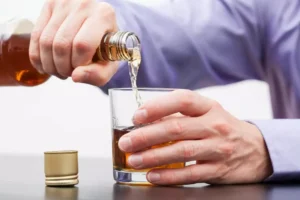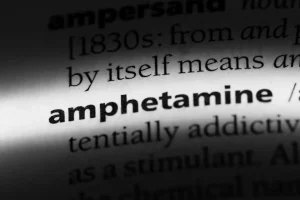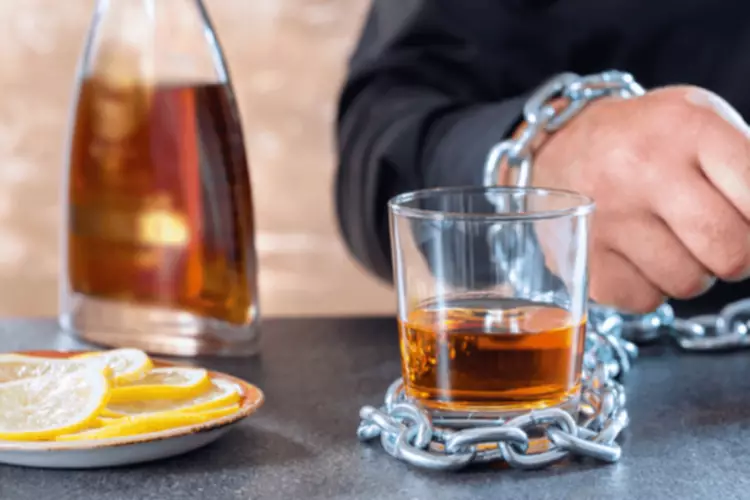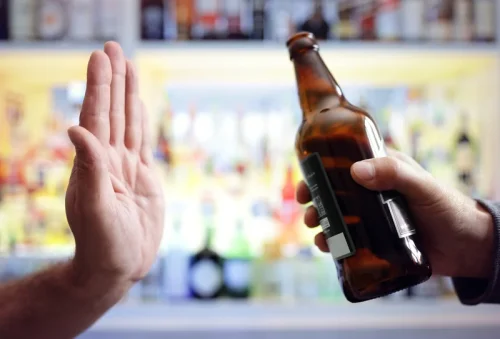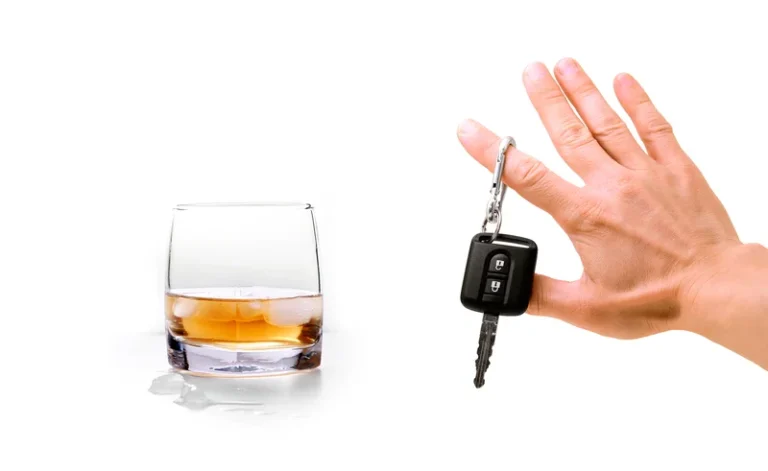Content
When recovery is working for both partners, it may seem as if they are getting to know each other all over again. In recovery, they are actually different people than they were during the worst of the addiction, and they are changing rapidly. The sharing of this journey will probably be the surprise of their lives, because intimacy with one’s chosen partner in recovery is more intense and fulfilling than was ever expected. At first, the recovering person may seek justification for his negative feelings and reactions. As his feelings are really listened to, understood, and empathized with, a transformation slowly takes place. Resentments are channeled and resolved using the therapy sessions and the 12-Step process, which provides a specific, structured way to overcome anger, fear, and other negative emotions.
It’s better now than it’s ever been, and that’s almost exclusively due to the fact that neither of us drink anymore. Open communication is the foundation of every good relationship. Beginning your partner’s recovery journey as a team means talking about it openly and coming up with a plan of action. Having clear goals and a routine is hugely helpful for addicts in recovery. Sit down and define exactly what you both expect from each other, and what your boundaries are. This will set you up for success and avoid future pain and conflict.
There Is No Instant Cure for Addiction
It will take time to readjust, to heal, and to learn how to live together once more. No, I don’t know all the specifics of your relationship. Still, I know from experience that most, if not all, relationships that exist when one or both people are in active addiction are unhealthy.

So, what you’re trying to do is build a degree of positivity which sort of insulates against those thoughts or feelings, even a person makes a mistake. But really what we’re talking about underneath Edie, contemptuous remark, I default to this idea that well, it isn’t because the person is a bad person, let’s not default to that. In so the contempt is an internalized message that could be then thrown at the partner in a defensive kind of response. Yeah, protect their own sense of who they are. Welcome to the Hello Someday Podcast, the podcast for busy women who are ready to drink less and live more. I’m Casey McGuire Davidson, ex-red wine girl turned life coach helping women create lives they love without alcohol.
When Do I Give Up on My Drug Addict Son?
For one week I felt confident and safe and assured. For one week I felt truly hopeful and happy. For one week I saw the promise and potential of an Selecting the Most Suitable Sober House for Addiction Recovery alcohol-free future. We know this will be hard, so we have created a checklist to prepare you. You want them to have as much stability as possible.
- He quit when I quit, but he has a medical marijuana card.
- For some addicts, the support of family and loved ones is enough to get through early recovery and into a sober life.
- They weren’t promises that I’d make the same mistakes again.
- Recovery from substance use disorder can cause many changes in your marriage — not all of them positive.
And either way, the part of me was like, I don’t remember this at all. So, was he messing with me is he like, blaming me to get himself out of it? And he’s like, we talked about this. And I’m like, did we totally don’t remember, but I react with that with no defensiveness or shame or inner turmoil. Which is lovely, because I’m not mad at myself.
Best Books to Help You Throughout Your Divorce
When we have sex, we’re both fully present — which allows us to focus completely on each other and has added levels of intimacy I never knew possible. It means I can communicate what I want and need because I’m not numbed by booze, because I’m in touch with myself, because I’m 100 percent in my right mind. It’s allowed us to know each other — physically, emotionally, spiritually — in ways that we couldn’t when we were impaired. Alcohol masked who we really were; it stole our authenticity; it was a barrier between us. Individual therapy is also a great environment for you to learn how to set firm boundaries and enhance your communication skills. I heard the pain of years old transgressions oozing from my wife as though the wounds were wide open.
If this was repeated severally, the spouse lost all trust and have difficulty trusting the now sober guy again. They wonder what makes this time different, treading the relationship with fear as they did previously, fearing triggering an argument or a slip. Yeah, well, you know, there’s two in the sound relationship. So, creating life’s meaning has to do what’s important to me, like you just described for you. And then the upper level the houses, what’s important to us, what legacy do we want to create for our children? Or the things that we share that whether it’s spiritual or whatever, does matter?
The non-addict partner
My partner went to treatment shortly after we started living together. We were not yet engaged nor married. The most challenging decision I had to consider was whether to stay or leave the relationship. Though I did not doubt that we loved each other, the chaos of addiction had eroded our trust in each other, and my life no longer felt my own.
Accordingly, couples learn improved critical communication strategies. Also, during therapy, they can address any underlying issues that may have been impacted by addiction. This happens because recovery from addiction is necessarily a selfish thing. At first, the newly sober person is flooded with new feelings and sensations, and has a terrible time keeping them from overwhelming him.
Report of dogs dying due to Clark Fork water can’t be confirmed by health officials
After addiction, broken trust is likely to be the biggest obstacle to overcome in your marriage. For the recovering addict, this means absolute honesty is essential. If you continue to lie to or mislead your spouse, trust can never be regained.


